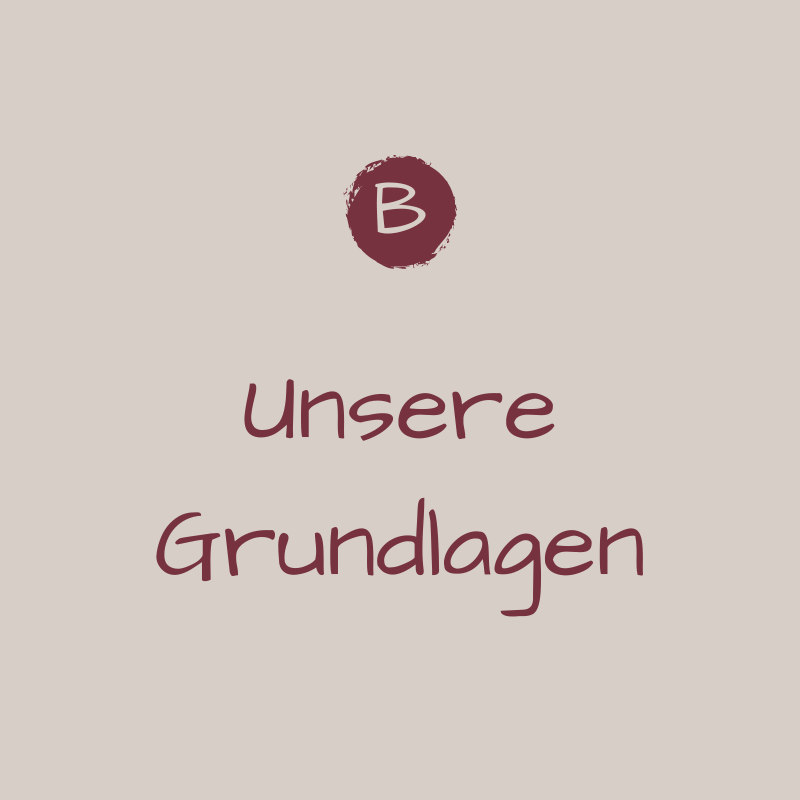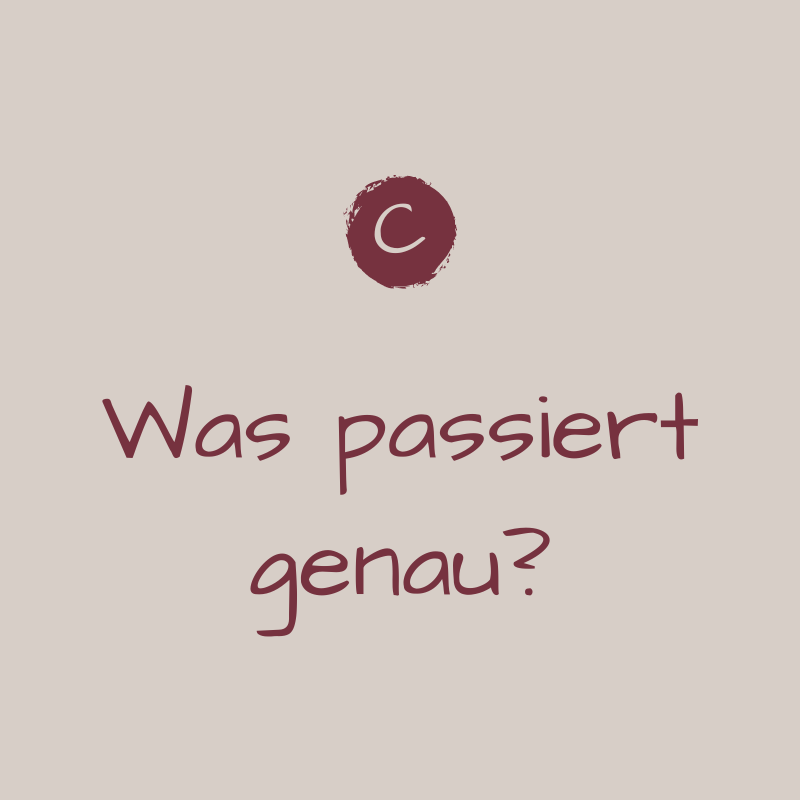Brief description
Anyone can communicate. We talk, don’t we?
If your communication is good, no destructive tensions will build up between you and your employees or in your teams. Then there will be little content-related or emotional friction. Then trusting “together” replaces the toxic “against each other”. Then you and your team are able to see the “big picture”, creatively recognize new paths and shape your vision together.
Successful communication can be open, deep, intense, controversial and emotional. Good communication is a binding agent and fuel. Good communication is central to the long-term success of you and your teams.
We believe that communication problems in teams, in organizations and communication problems among managers are commonplace. Communication is an art, communication is not trivial.
But communication can – and should – be learned. That’s why we offer this training course – based on William Isaac‘s standard work on communication: “Dialogue: The Art Of Thinking Together”.
If you have any questions about our training or coaching – just give us a call (+49 174 33 46 440) or via MS Teams (you can make an appointment here ).
Details
Would you like to
- improve mutual understanding in your communication? On the sender and receiver side?
- know how you can consciously shape your formal and informal communication to become more effective?
- learn how to achieve genuine mutual understanding, including patterns, previously unspoken issues and taboos?
- learn how to create a safe space for open and effective communication?
Perhaps you are heavily involved professionally, perhaps you are growing strongly? Or maybe there are challenges in your collaboration? Our program can take your communication to another level of quality in a manageable amount of time.


Our program “The Art of Thinking Together” is based on William Isaacs’ tried and tested approaches and condenses them into a 6-point program:
1️⃣ Create a secure “container” for trusting communication
2️⃣ Learn to communicate – bilaterally and in a team
3️⃣ Learn to recognize patterns, dogmas and taboos and bring them to the surface
4️⃣ Understand how your “ecosystem” (team, environment, history, vision) influences your communication positively and negatively
5️⃣ Learn to recognize how your processes disrupt or improve communication
6️⃣ Operationalize your communication consciously, in the form of appropriate structures of formal and informal communication
You will get to know the conceptual basics of communication in the training and interactively practice their application to specific issues in the group, e.g:
- Conceptual foundations of communication (e.g. the three languages, evolution of dialog, etc.)
- The 4 practices of successful communication (listening, respecting, exposing and speaking)
- The dialog map and its practical use
- Group dynamic effects around Kantor’s 4 players (Mover, Bystander, Follower, Opposer)

If required, the program can be combined with individual management development or other team coaching modules.
Organization
Shape:
- Team setting: On-site in the Munich area, at your location by arrangement, 6 to 10 participants
- Individual: Virtual or on-site, bilateral with one of our coaches
Next dates:
- By arrangement
Our trainers:
Food for thought
- Dialogue or “The art of thinking together”Dysfunctional communication takes many forms: Trench warfare, silence, withdrawal, intrigues, complaints, demotivation, resignations … Our training concept helps!
- Coaching – It’s just psychobabble! Doesn’t help? Or a business case after all?Coaching or team development? Yes or no? Are you considering whether coaching could be a suitable tool for you personally, your team or your company? But do you have doubts about this “psychological stuff”? Or are the “practical constraints” simply too dominant? We believe that coaching has value, benefits and a business ...
- What characterizes an efficient, good team? And how do we get there?If your team works well and is stable, then you won’t be reading any further. But are you sure? Maybe more is possible? More energy, more quality, more focus, more purpose? At the same time, more appreciation and humanity? But perhaps the situation on the market is also difficult? Employees ...
- Leading teams successfullyA very operational daily challenge as a manager: I have a team, a task. And now, what is my task to accomplish the task with the team? How do I best lead the team? A few thoughts on this, underpinned by actual conversations from our coaching practice. Overview Step 1: Can’t or don’t want to? Step 2: ...
- Inner restlessness, dissatisfaction, insecurity? Is something missing in you? In your life?Inner restlessness, dissatisfaction, insecurity? Is something missing? 6 different situations of inner turmoil and ways of dealing with them.
- Managers as perpetrators, victims or saviors – how do you avoid the shambles?Unfortunately, role-playing is not uncommon between managers – often with disastrous end results. Learn to break out of role-playing games and lead your company to success!
- How many am I?
– A motivating introduction to transactional analysisWhat actually is my “I”? And what am I allowed to be? What do I allow myself? What do others allow me to be? Am I allowed to make clear announcements? Can I be caring and protective? Or do I always have to be rational and reasonable? But what if I want to be creative and free, playful ...
- What is missing in leadership training?For management coaching and training, we are typically asked for concepts on leadership roles and styles, conflict management, change, communication, negotiation and much more. The managers to be trained should learn how to deal better with their team, how to motivate, develop and drive them, etc. After all, there are goals to be achieved. ...
- Appreciation and performance at the same time?What nonsense! Aus unserem Coaching und unserer eigenen Projekterfahrung heraus sagen wir: doch, unbedingt. Wertschätzung, Respekt, Menschlichkeit und hohe Performance, hoher Fokus, hohe Energie – absolut realistisch. In our experience, appreciation, respect and humanity are the basis for really high team performance. Only when everything is in place do teams perform particularly well in comparison. ...
- Search Inside Yourself“Discover the power of mindfulness and emotional intelligence in everyday working life with ‘Search Inside Yourself’ by Chade-Meng Tan. A practical guide for more calm and compassion.” #Bookrecommendation #Mindfulness #EmotionalIntelligence #Coaching #PersonalDevelopment
